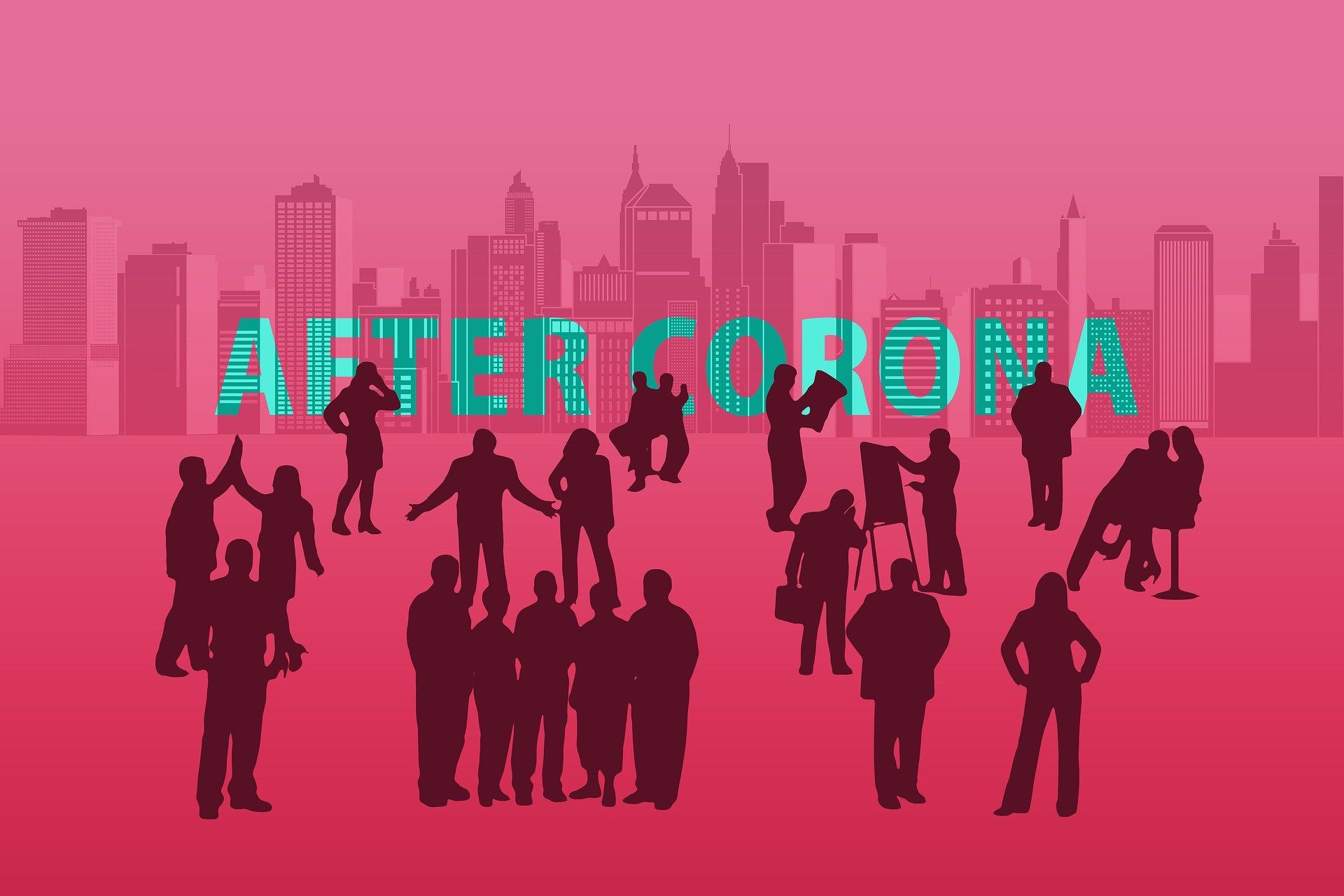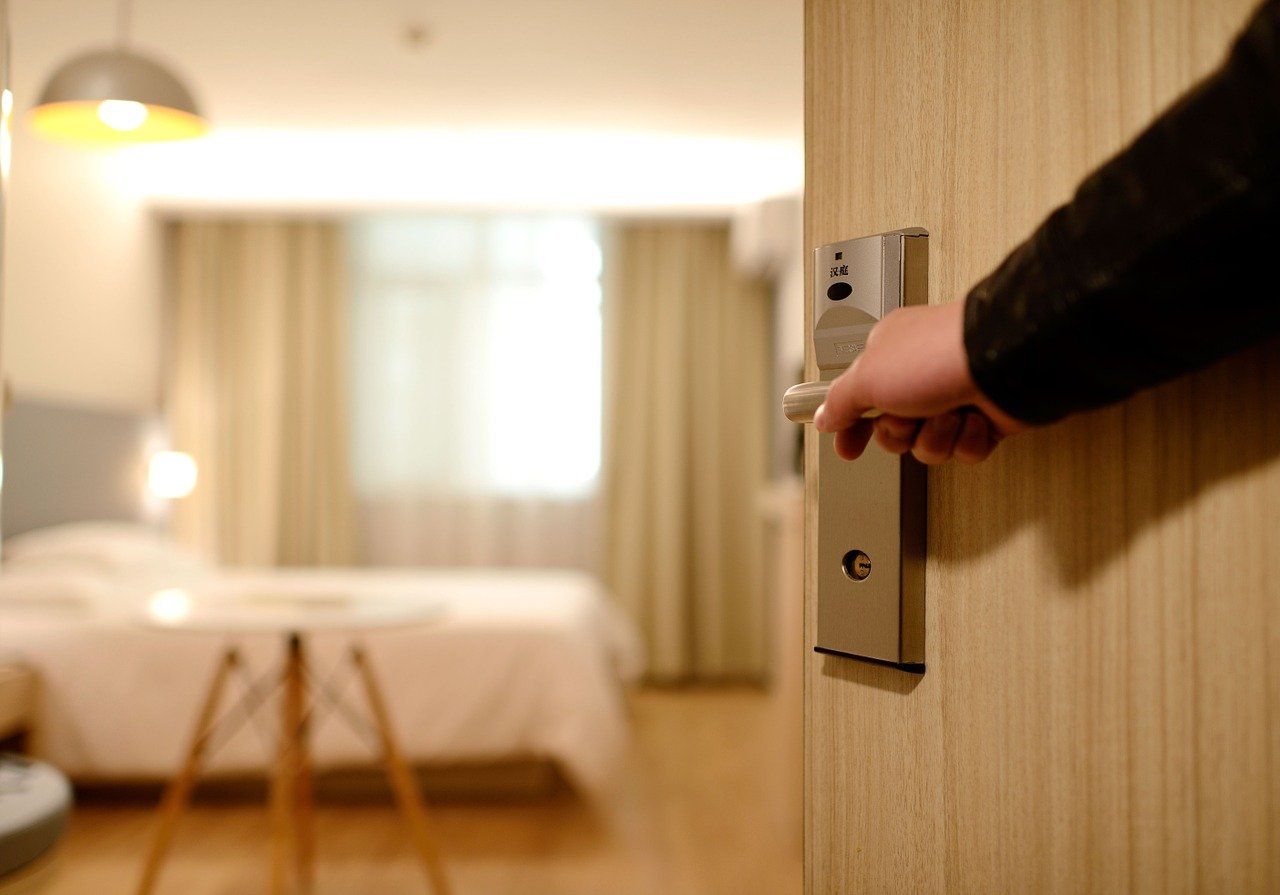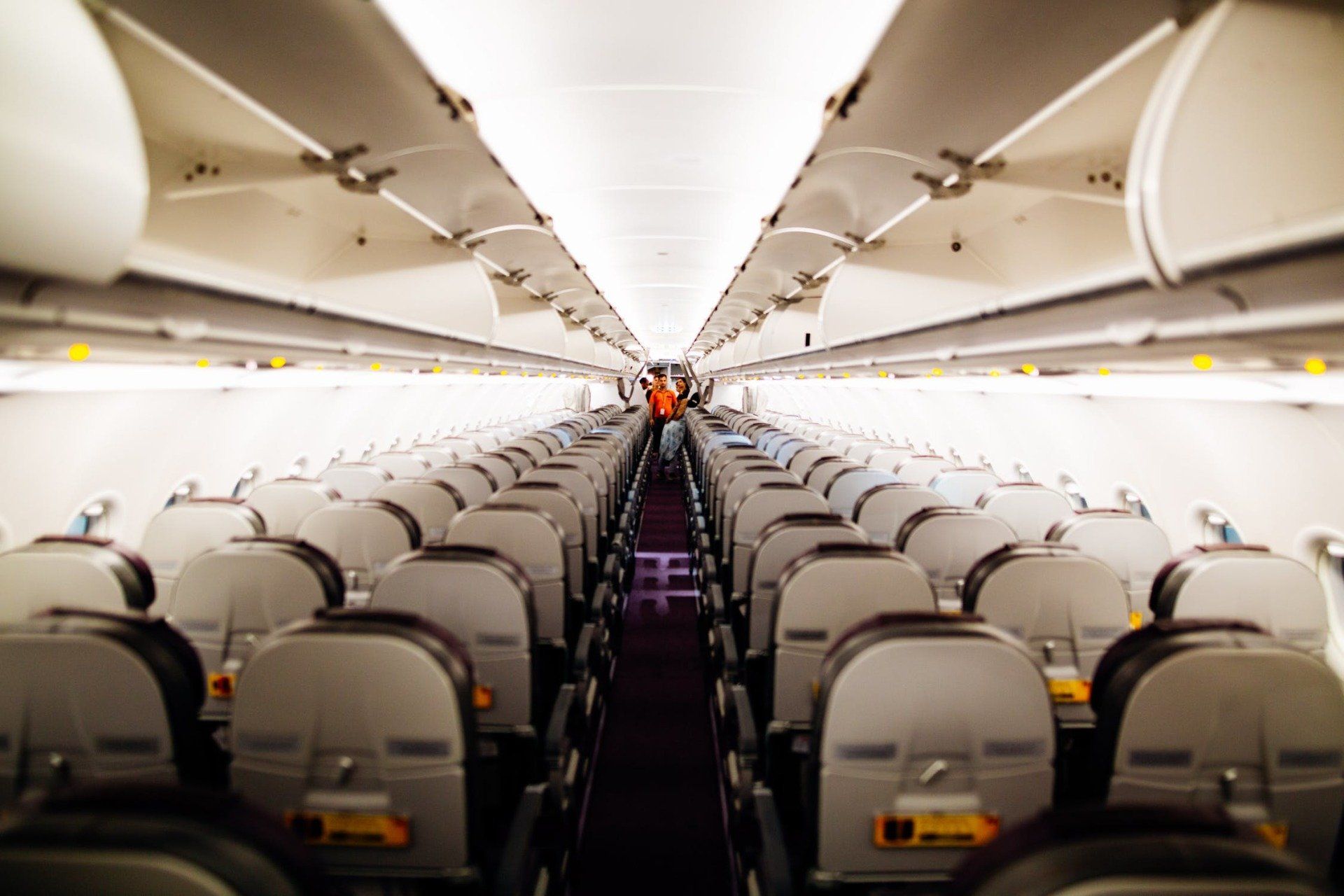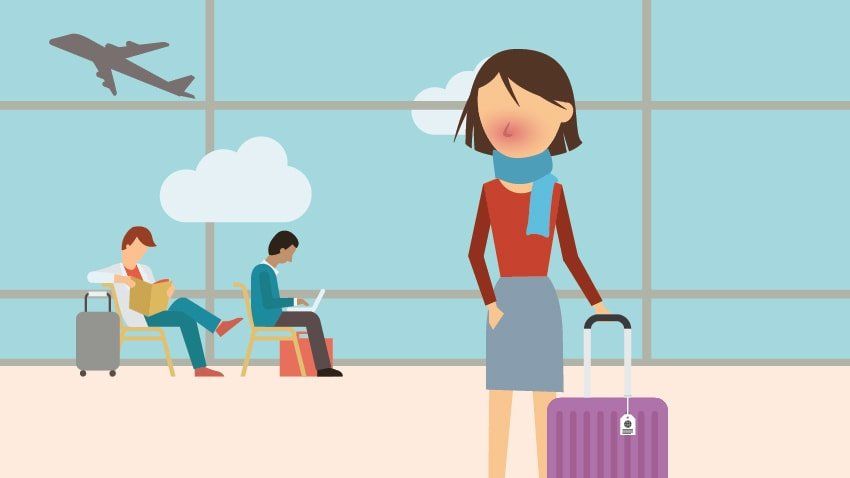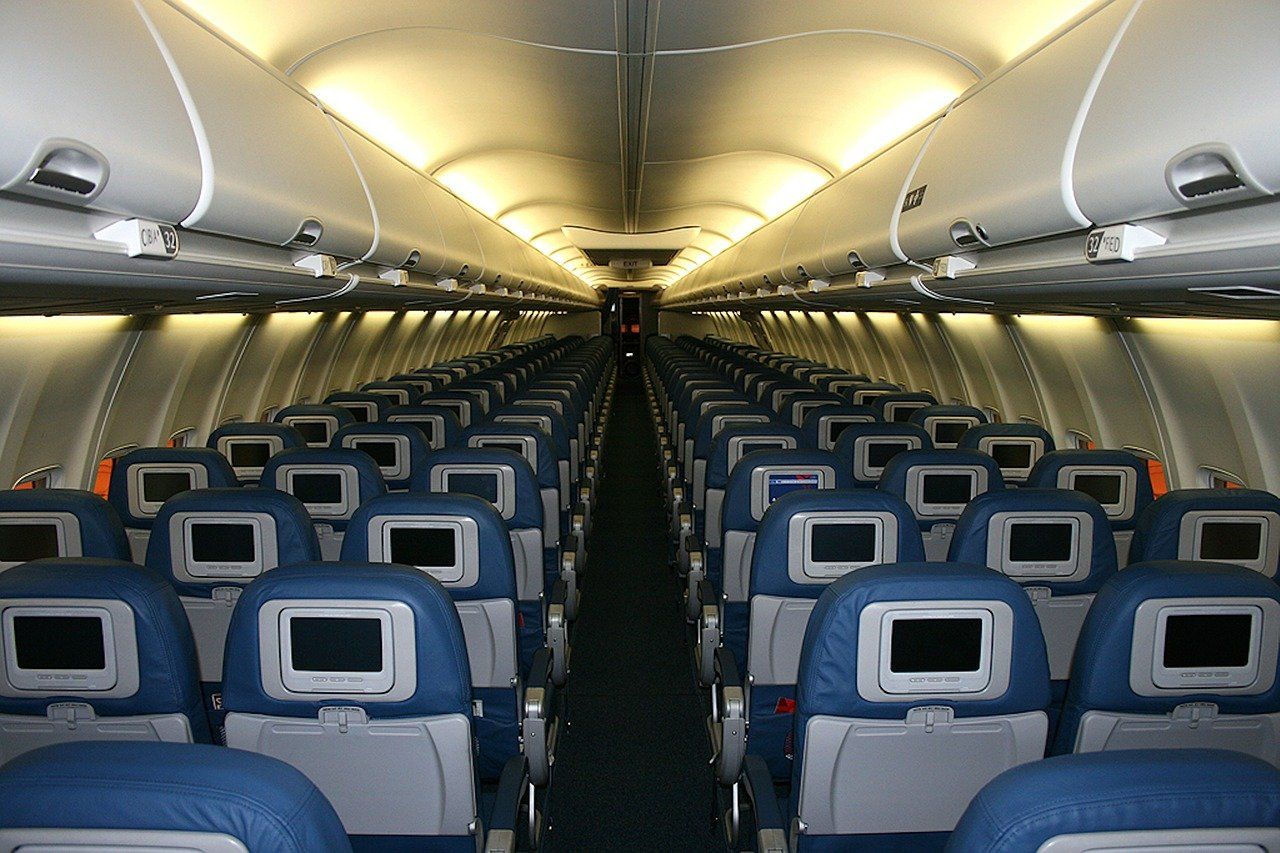Ways the Travel Industry is Giving Back During COVID-19
- By Jessica Elmore
- •
- 14 Apr, 2020
- •
The coronavirus outbreak has dealt the hospitality and travel industry a huge blow. Here's how companies are stepping up and providing aid during these unprecedented times.

Showing Support and Spreading Positivity
While hotels temporarily close and hundreds of thousands of
rooms sit empty, properties have started to display images of hope and love
through their windows. Hotels are utilizing those vacant rooms by turning on lights
to create hearts, smiley faces and encouraging phrases in their windows. Their
intent is to spread positivity and show solidarity during these difficult
times. You can find images of their messages by searching #mariottstrong or
#lightforhope #lightsoflove on social media.
Providing Accommodations
The “Community Caregiver Program” has been created by hotel owners and franchisee partners. The purpose of this initiative is to offer significantly discounted rates to first responders and healthcare professionals who wish to book rooms close to the hospitals they are working in. In order to support first responders even more, numerous hotels and vacation rental platforms have closed their doors to customers in order to provide free stays for healthcare workers and community caregivers. In an effort to stop the spread, some properties have secured rooms for the homeless, as they are typically most at-risk for contracting COVID-19. Select hotels are even offering their rooms to mild-case coronavirus patients so they can self-isolate away from their families. A popular cruise line has even offered to convert some of their ships into temporary floating hospitals. The goal of all of these efforts is to “flatten the curve” and stop the rapid spread of the disease and prevent it from overwhelming hospitals and health care providers.
American Hotel & Lodging Association
There are even advances on the national level as The American Hotel & Lodging Association (AHLA) launched a new initiative, “Hospitality for Hope,” which will create a database of properties that state, local and federal governments can use to match available hotels to healthcare workers in need. Thisprogram will primarily focus on providing housing for healthcare workers but eventually could lead to alternative care site options. Examples would include an emergency hospital or lodging for those who need to be quarantined.
Donating Points
Hotels are offering their reward members an opportunity to play their part in fighting against the virus. Members can donate their points to relief organizations to be converted to cash.
Food & Supply Donations
Hotels and airlines have stepped up and donated food and supplies to hospitals, food banks, schools, homeless shelters and community organizations. The creative ways they've come up with include handing out free groceries to hospitality workers who lost their jobs due to coronavirus, serving to-go meals, creating makeshift pantries that have household essentials, care package programs and pallets of fresh produce. Delta Airlines has been praised for donating over 200,000 pounds of food originally meant to be served in their lounges and in-flight. Hotels are even making their kitchens available to chefs whose restaurants shut down so that they can continue to provide takeaway meals to their customers.
Free Flights
Several airlines are providing free round trip flights to medical professionals flying to highly affected areas around the country to battle the spread. Airlines are even offering cargo-only charter services for much needed life-critical medical treatments, food products and medical supplies where they are needed most.
It's encouraging and uplifting to see an industry who has been hit the hardest by this pandemic banding together to provide assistance where they can. If we continue to do our part and stay home, social distance and wash our hands, hopefully we will be traveling again soon and supporting these companies that are doing so much to aid in this crisis.

During the pandemic, thousands of pilots were offered early retirement packages in order to cut labor bills due to the lack of travel demand. Now that travel for pleasure and business is rebounding from the pandemic, approximately 14,000 flights in the US were recently cancelled or delayed due to the lack of pilots, carriers, and other staff.



